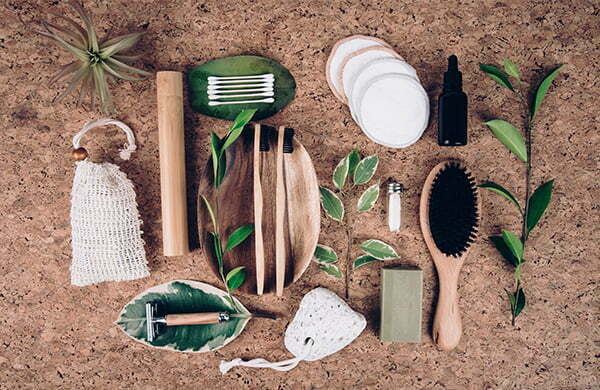
The zero waste movement has been fast gaining momentum in recent times, however it’s not a new notion. One of the best points of reference for a zero waste lifestyle is Bea Johnson’s book entitled Zero Waste Home. In it, she references not the regular 3 “R’s” we’re all familiar with, but Five R’s: Refuse, Reduce, Reuse, Recycle, Rot.
Looking at these R’s, here we give you some really simple actions you can take today without impacting your life too much, but that will actually help make a difference to your waste output.
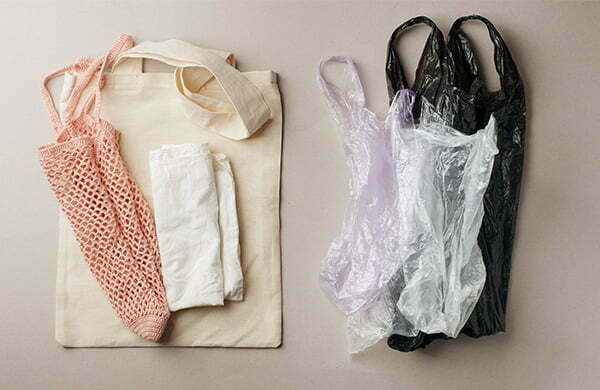
Refuse
It’s very easy to just say yes when something is offered to you, and up until recently items like plastic straws and carrier bags were part of this throw-away culture. Thankfully, these have now been banned however there are still other items you can think about refusing to help minimise your waste: think about signing up to mpsonline.org.uk to help eliminate junk mail sent to your house; next time you are at a show or event rather than grabbing the goodie bag with all its freebies, think about whether you really need or want the contents or whether the free pens and promotional literature will just go to waste.
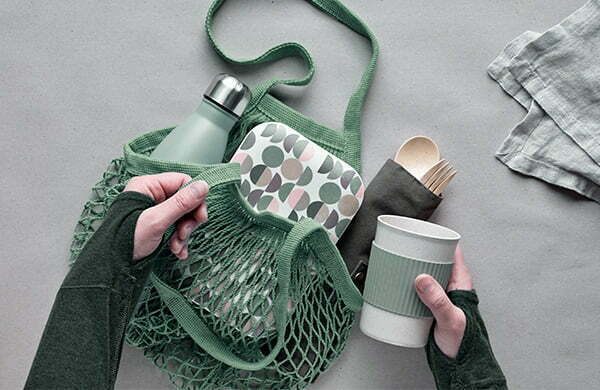
Reduce
Some easy ways to reduce your waste are to boycott all single use items – coffee cups and cutlery (more on this in a minute!), shop local and request plastic-free packaging, be mindful with your use of cleaning and beauty products, perhaps even turning to making your own or at least using refillables.
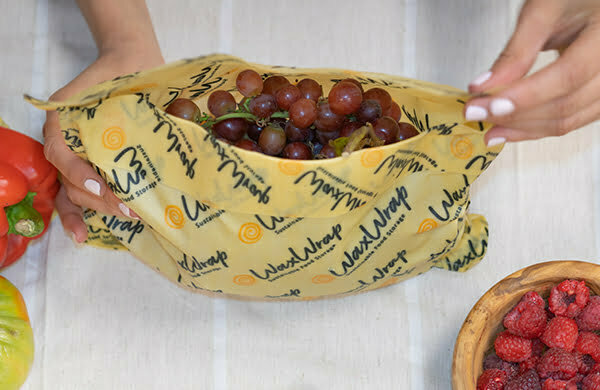
Reuse
Following on from the boycotting of single use items, look to replace these with reusables. Carry your own water bottle, keep a set of cutlery in your handbag (wrapped in a tissue, or perhaps even a WaxWrap!), and always carry a foldaway shopping tote in your handbag. At home, WaxWrap can replace your reliance on cling film/plastic wrap as well as plastic food storage bags.

Recycle
As well as your regular recycling, consider a clothes swap to recycle your clothing. Most people only wear about 20% of their wardrobe, and if you haven’t worn an item in over a year, chances are you won’t miss it. Fast fashion is a real contributor to pollution and environmental issues, as fabrics are often created from petroleum, and many dyes used are toxic to the environment. Clothes swaps are a great way to contribute to the circular economy idea, keeping items in circulation for as long as possible and getting the most use out of them.
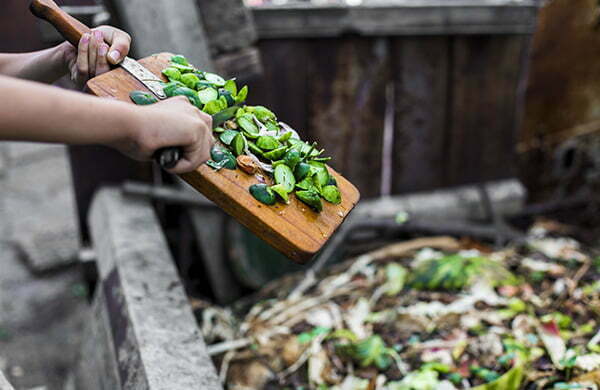
Rot
In other words, get composting! 2020 saw many of us get into gardening and as a result more people were composting their kitchen waste (where possible!) However, did you know that a lot of your bathroom waste can also be composted too: cotton wool, paper towels, bath tissue, cotton buds (which now have to be plastic-free) can all go in the compost, so you might want to consider a compost bin in your bathroom as well. Composting rather than sending your food waste to landfill helps reduce methane emissions whilst creating fertiliser to use on your soil, improving the quality of your soil and helping increase drought resistance.
